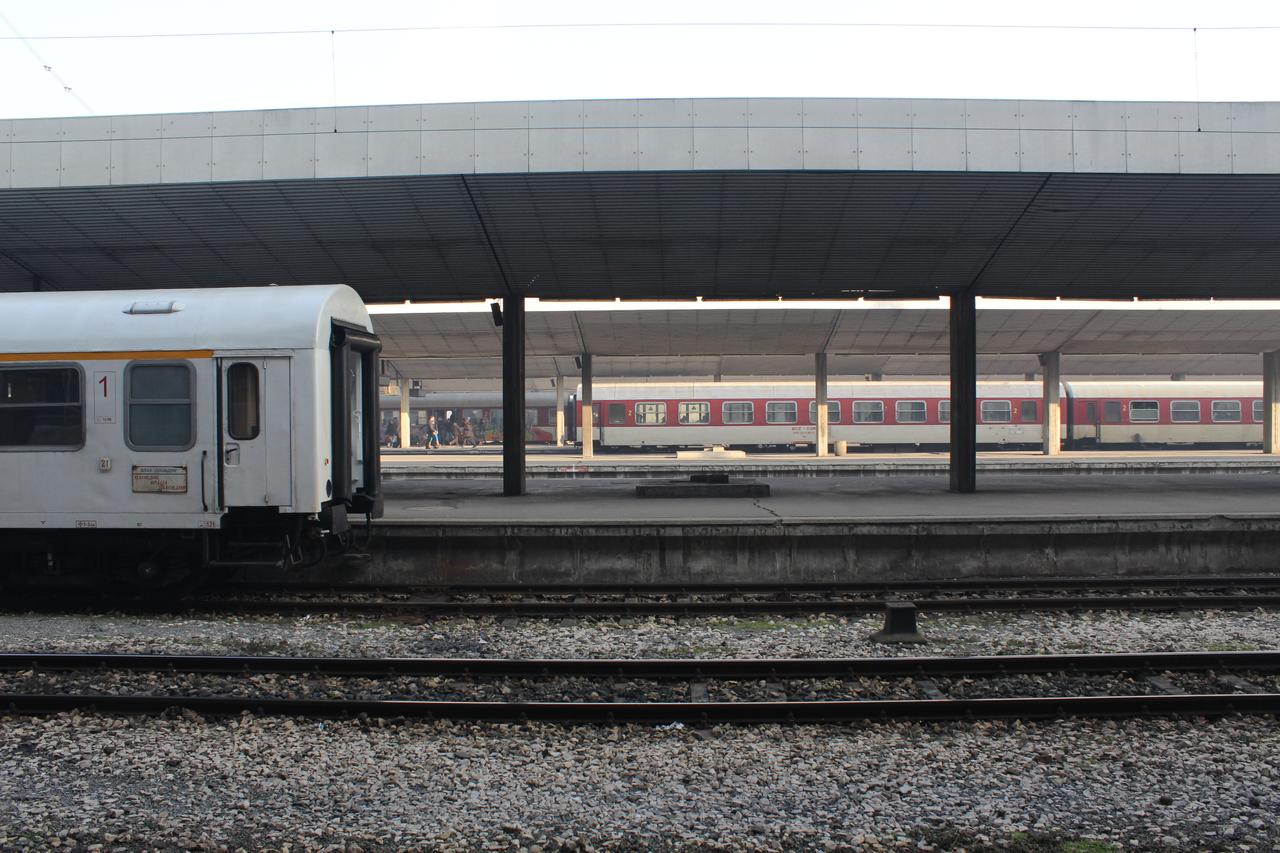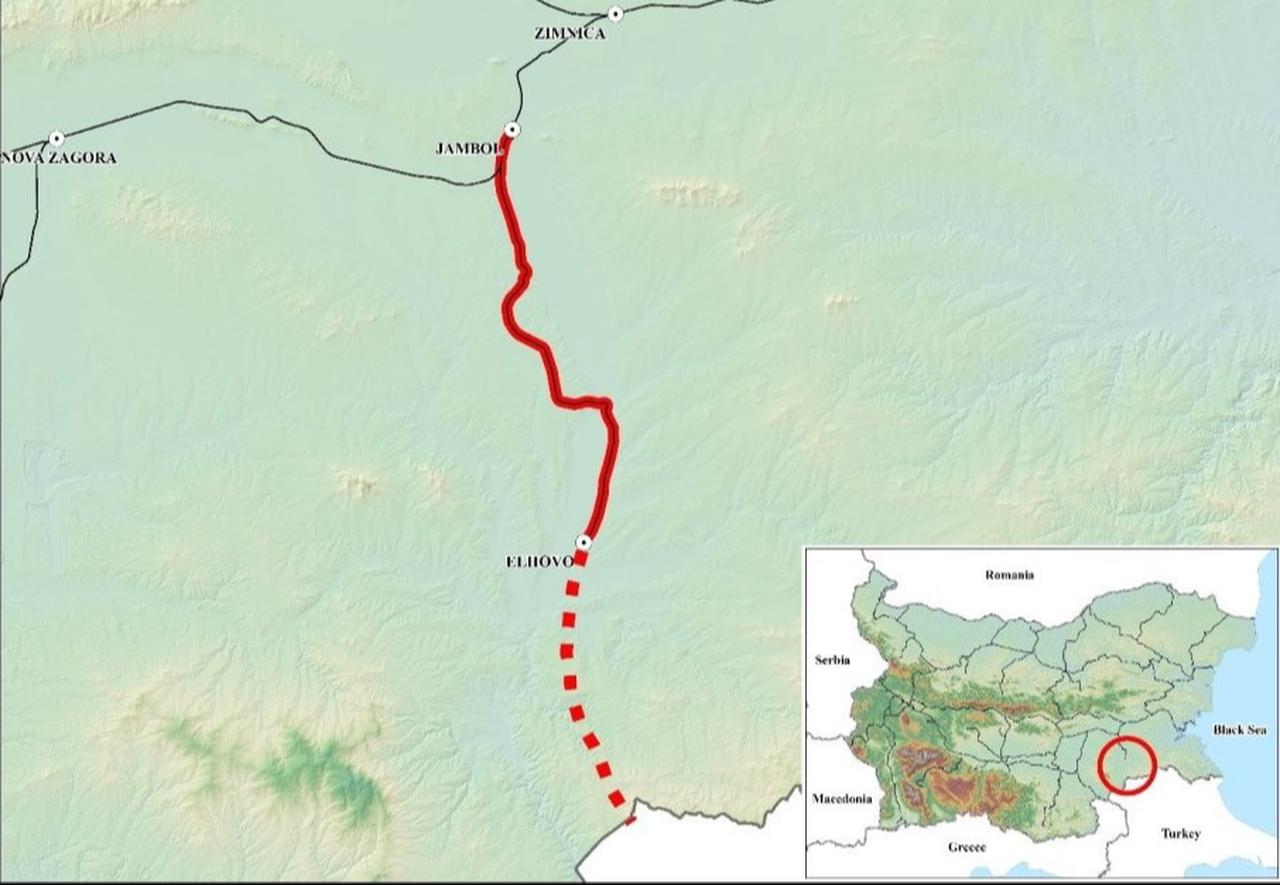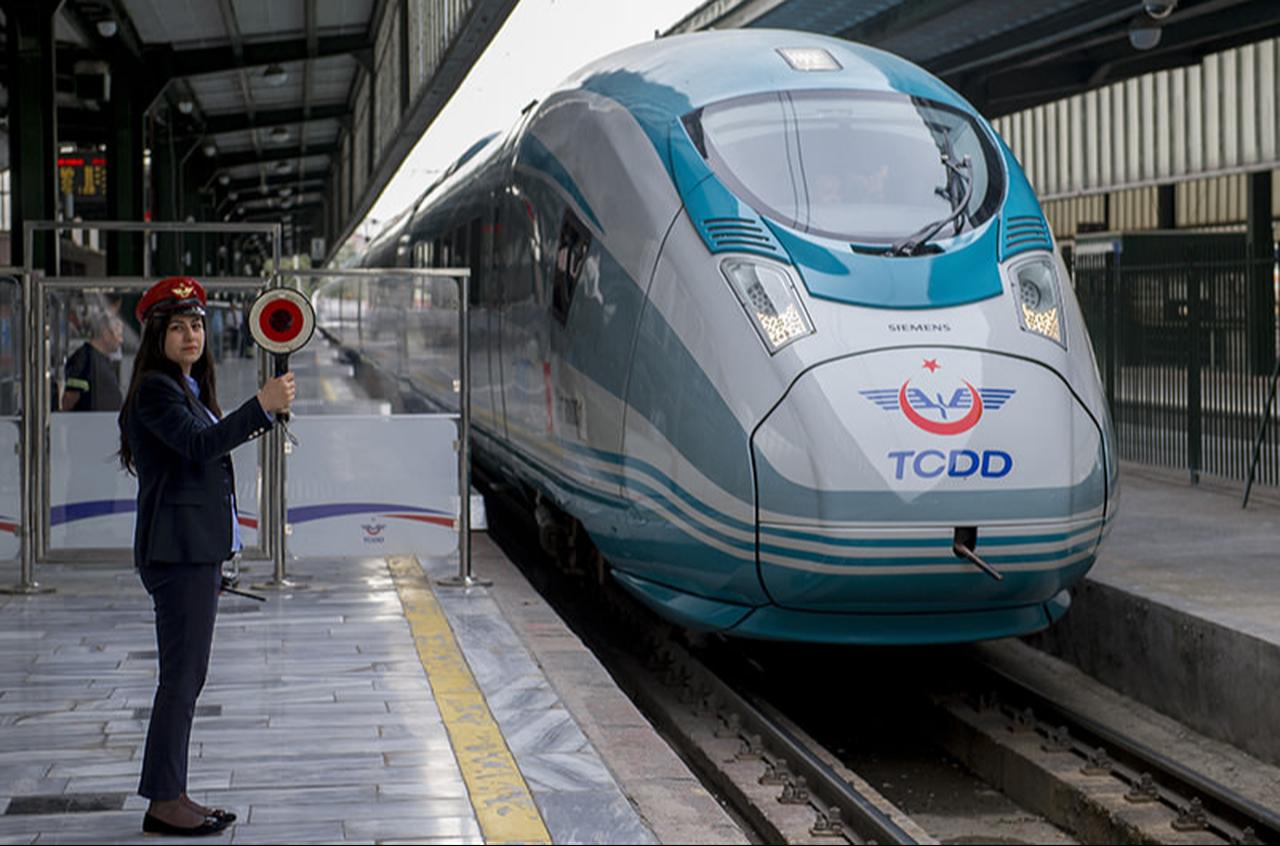
Bulgaria has announced plans for a new railway connection with Türkiye designed to ease congestion at the busy Svilengrad–Kapikule crossing, the main gateway between the two countries.
The project combines both rehabilitation of existing tracks and the construction of a brand-new line.
According to Bulgarian media, authorities confirmed that the 39-kilometer railway between Yambol and Elhovo will be rehabilitated and electrified.
In addition, a new 32-kilometer (24.2 miles) alignment will be built between Elhovo and Lesovo, where a completely new border crossing with Türkiye is planned.
Once completed, the 71-kilometer route will feature three stations. Passenger trains will be able to reach speeds of up to 160 kilometers/hour, while freight trains will operate at 120 kilometers/hour.

The existing Svilengrad–Kapikule crossing currently handles most of the traffic between Türkiye and the European Union, leading to heavy congestion.
The new Lesovo crossing is expected to distribute traffic more evenly, improving both trade flows and passenger mobility across the border.
A pre-investment study has already been completed under the European Union’s TEN-T framework, which aims to develop a unified trans-European transport network.
EU funding for the line is anticipated, making the project part of Europe’s broader strategy to enhance sustainable and efficient transport corridors.

Bulgarian Transport Minister Grozdan Karadjov and Turkish Minister of Transport and Infrastructure Abdulkadir Uraloglu reached an agreement in principle for the project during a June meeting.
Türkiye has not yet announced concrete plans for construction on its side, but officials confirmed that around 15 to 20 kilometers of new track will be required to link the future crossing to the Halkali–Kapikule main line serving Istanbul.
Meanwhile, Türkiye is carrying out a large-scale upgrade of its main line from Istanbul to the EU border.
The program, scheduled for completion by the end of this year, is expected to cut passenger travel time from Istanbul to the Bulgarian border from four hours to just one and a half hours.
For freight trains, the journey will drop from eight and a half hours to three and a half hours.